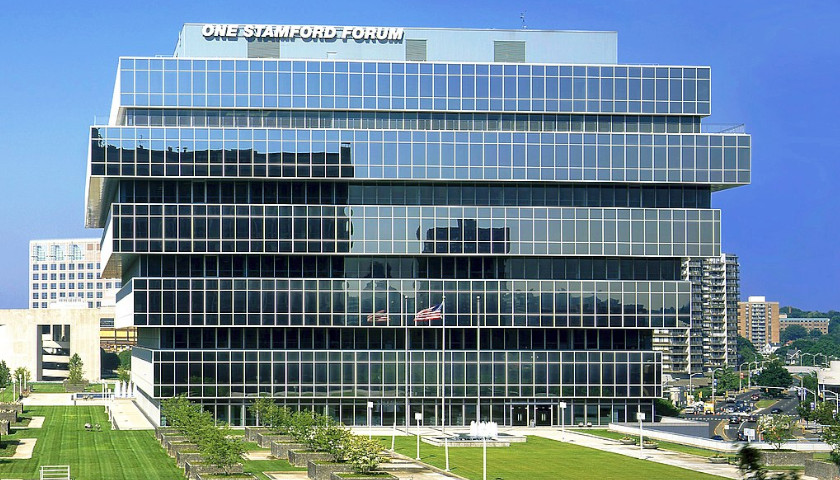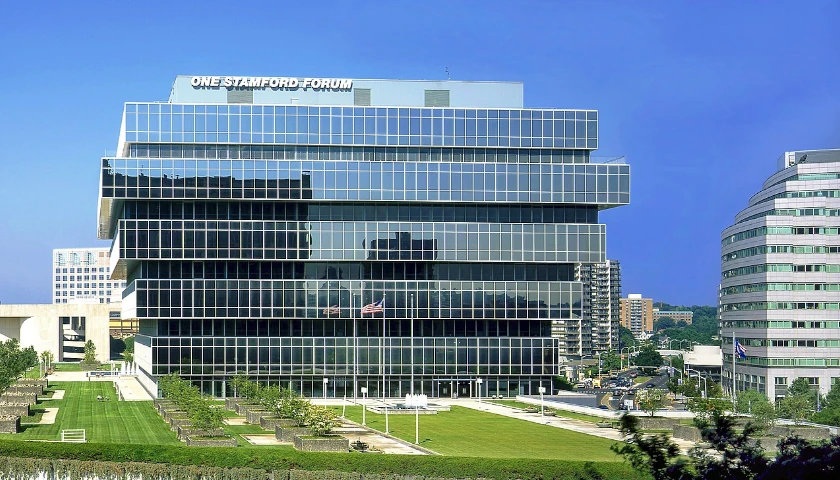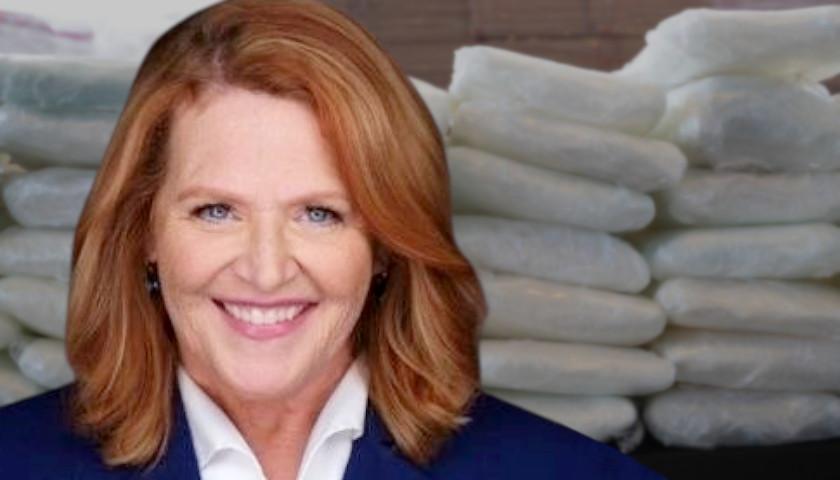by Michael Balsamo and Geoff Mulvihill
WASHINGTON, D.C. (AP) — Purdue Pharma, the company that makes OxyContin, the powerful prescription painkiller that experts say helped touch off an opioid epidemic, will plead guilty to three federal criminal charges as part of a settlement of more than $8 billion, Justice Department officials announced Wednesday.
The company will plead guilty to three counts, including conspiracy to defraud the United States and violating federal anti-kickback laws, the officials said. The resolution will be detailed in a bankruptcy court filing in federal court.
The deal does not release any of the company’s executives or owners — members of the wealthy Sackler family — from criminal liability, and a criminal investigation is ongoing. One state attorney general said the agreement fails to hold the Sacklers accountable, while family members said they had acted “ethically and lawfully.”
The settlement is the highest-profile display yet of the federal government seeking to hold a major drugmaker responsible for an opioid addiction and overdose crisis linked to more than 470,000 deaths in the country since 2000.
“Purdue deeply regrets and accepts responsibility for the misconduct detailed by the Department of Justice in the agreed statement of facts,” Steve Miller, who became chairman of the company’s board in 2018, said in a statement. No members of the Sackler family remain on that board, though they still own the company.
Family members, in a statement, expressed “deep compassion for people who suffer from opioid addiction and abuse and hope the proposal will be implemented as swiftly as possible to help address their critical needs.”
The deal comes less than two weeks before a presidential election where the opioid epidemic has taken a political back seat to the coronavirus pandemic and other issues. It does give President Donald Trump’s administration an example of action on the addiction crisis, which he promised early in his term.
But to Massachusetts Attorney General Maura Healey, the Justice Department “failed” and she said in a statement that she was not done with either Purdue or the Sacklers. “Justice in this case requires exposing the truth and holding the perpetrators accountable, not rushing a settlement to beat an election,” she said.
Ed Bisch, who lost his 18-year-old son to an OxyContin overdose nearly 20 years ago, said he wants to see people associated with Purdue prosecuted. “The fact that they day this doesn’t grant anyone immunity, I’m heartened by that,” he said after the deal was announced.
As part of the resolution, Purdue is admitting that it impeded the Drug Enforcement Administration by falsely representing that it had maintained an effective program to avoid drug diversion and by reporting misleading information to the agency to boost the company’s manufacturing quotas, the officials said.
Purdue is also admitting to violating federal anti-kickback laws by paying doctors, through a speaking program, to induce them to write more prescriptions for the company’s opioids and for using electronic health records software to influence the prescription of pain medication, according to the officials.
Purdue will make a direct payment to the government of $225 million, which is part of a larger $2 billion criminal forfeiture. In addition to that forfeiture, Purdue also faces a $3.54 billion criminal fine, though that money probably will not be fully collected because it will be taken through a bankruptcy, which includes a large number of other creditors. Purdue will also agree to $2.8 billion in damages to resolve its civil liability.
Purdue would transform into a public benefit company, meaning it would be governed by a trust that has to balance the trust’s interests against those of the American public and public health, officials said. The Sacklers would not be involved in the new company and part of the money from the settlement would go to aid in medication-assisted treatment and other drug programs to combat the opioid epidemic, the officials said.
As part of the plea deal, the company admits it violated federal law and “knowingly and intentionally conspired and agreed with others to aid and abet” the dispensing of medication from doctors “without a legitimate medical purpose and outside the usual course of professional practice,” according to a copy of the plea agreement obtained by the AP.
First lady Melania Trump, who has focused many of her public efforts on health issues such as this epidemic, tweeted that the agreement was “another big step in defeating” the crisis.
But even before the deal was announced, it was facing resistance from state attorneys general, Democratic members of Congress and advocates who wrote Attorney General William Barr asking him not to make the bargain with the company and the family. They said it does not hold them properly accountable and they raised concerns about some of the details.
The Sackler family has already pledged to hand over the company itself plus at least $3 billion to resolve thousands of suits against the Stamford, Connecticut-based drugmaker. The company declared bankruptcy as a way to work out that plan, which could be worth $10 billion to $12 billion over time. Family members said in their statement that the company’s value is more than twice as much as they profited from OxyContin.
About half the states oppose that settlement, and also wrote Barr to ask him not to make the federal deal that includes converting Purdue into a public benefit corporation. They say it would be wrong for governments to rely on earnings from the sale of more OxyContin to fund programs to mitigate the toll of an opioid crisis wrought by prescription drugs as well as heroin and illicitly produced fentanyl.
The Sackler family was once listed among the nation’s wealthiest by Forbes magazine. A 2019 court filing said they had made up to $13 billion over the years from the blockbuster drug, though a lawyer said they brought in far less after taxes and reinvestment in the company.
Until recently, the family’s name was on museum galleries and educational programs around the world because of gifts from family members. But under pressure from activists, institutions from the Louvre in Paris to Tufts University in Massachusetts have dissociated themselves from the family in the last few years.
– – –
Michael Balsamo and Geoff Mulvihill are reporters for The Associated Press. Mulvihill reported from Davenport, Iowa.
Photo “Purdue Pharma LP Headquarters” by John9474. CC BY-SA 4.0.






None of this matters. This is all show for people to get a political feather in their cap. The people who run the company will make off with huge bonuses and golden parachutes while the company itself will be relieved/robbed of any remaining monies by the judicial system, through lawyer fees and class-action suits, where the actual victims see very little cash and the lawyers make off like bandits.